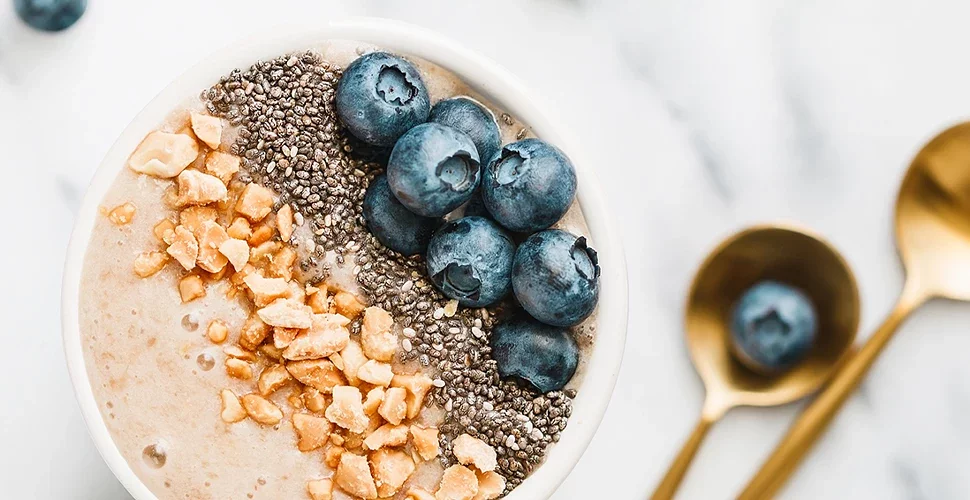Thu 9 Feb 2023
The Micronutrients you can't miss

SHARE THIS POST
Wisdom from best-selling author The Medicinal Chef
Something I believe can have the greatest impact on modern dietary mediated illnesses, is the simple matter of nutrient density. Luckily, increasing micronutrient density is in practice a doddle, but this doesn't mean we can underestimate its importance.
Nutrients can really be broken into two distinct groups – macronutrients and micronutrients. Macronutrients are the proteins, fats and carbohydrates. They are the nutrients that supply fuel and material for repair and maintenance.
Micronutrients – i.e. vitamins, minerals, and trace elements on the other hand can be considered biochemical facilitators. They either directly cause chemical processes in the body to take place, or they manufacture the substances that cause these reactions to happen.
With this in mind, if our intake of these vital substances dips even slightly below their ideal levels, the impact upon our physiology can be serious. Let's look at a few examples of micronutrients and their functions.
Magnesium
Magnesium is involved in over 1,000 reactions in the body daily. These include energy production, regulating muscle function and skeletal health, as well as supporting the health and function of the nervous system. This mineral is most abundant in green vegetables. As you no doubt realise, greens aren't exactly on the top of the list for many people in this country, so average UK intakes are extremely low.
Zinc
Zinc is another mineral that has very broad reaching effects. In immunity, zinc is used by our white blood cells to code genes that regulate the way in which these white cells will respond to pathogens. It is also involved in manufacturing key proteins during the inflammatory response. In men it is an important part of testosterone metabolism and function. Get your dose of Zinc from beans, nuts and wholegrains.
Selenium
Selenium is a trace mineral (needed in small amounts) that is a vital part of cellular protection. It is involved in the manufacture of the body’s own inherent antioxidant enzymes that protect our cells from damage. Selenium is found in chicken, fish and eggs.
"Look at every opportunity to incorporate fresh food into your diet."
These are just a handful of examples of what some of these micronutrients do. In this modern age where so many of us are living off convenience foods and foods that are heavily processed, our macronutrient intake may be fine, but the micronutrients are severely lacking.
The easiest thing to remedy this is to look for every opportunity to incorporate fresh food into your diet. This doesn’t mean you have to cook three meals a day. It could be as simple as having a handful of fresh berries on your morning porridge, having a large side salad with your lunch, or throwing extra vegetables into your evening meal. The short and long term effects of micronutrient deficiency are quite serious, and as it's a pretty simple thing to take action on, increasing your intake can start today.
Thanks to our friend The Medicinal Chef, Dale Pinnock, for his wise words on this topic. We can't wait for Dale to join us at Balance Festival this year, with a cooking demo at the Live Cooking Stage.


















